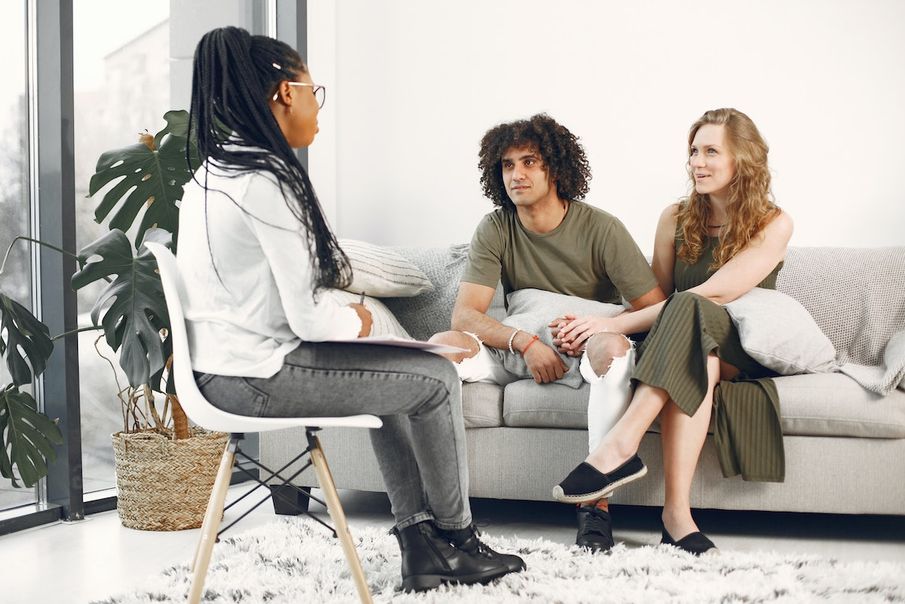When it’s time to reach out for support with your relationship, make sure you consider exactly what you need
Is your relationship under strain? Has it lost its spark? Do you feel misunderstood, unwanted, or distant from your partner? Or perhaps you have lost trust with your partner, or have found out that they have been lying to you?
Sadly, not all relationships live happily ever after. More than 100,000 couples get divorced each year in the UK, with the divorce rate estimated at more than 40%. But the good news is that couples therapy can be incredibly helpful. In a recent survey by Verywell Mind, a staggering 99% of those who were attending couples therapy said that it had a positive impact on their relationship, with a further three-quarters saying that the impact was really significant.
But reaching out for therapy is a huge step. If you are going to invest time and money in sessions, you want to make sure that you get the right support. So, if you have been both brave and vulnerable enough to look for help, how do you choose the therapist who will best support your relationship? Here are some essential tips for choosing the right couples therapist for you.
Remember the basics
Choosing a couples therapist is the same as choosing any mental health practitioner; you need to make sure they have the basics covered. This means checking that they are accountable and professional. This can be done by choosing someone who is accredited with a registeredbody – BACP, UKCP, and BABCP are some examples, but there are others. Being registered means that the therapist is qualified, receives continual training, has regular supervision, and you have someone to contact if you need to make a complaint.
You can ask for the therapist’s membership number if you’re worried. Another important ‘basic’ is that any therapist you work with should keep your confidentiality and prioritise your safety, and you should feel comfortable enough to ask them questions about the way they work. With accountability and professionalism, you have a starting point from which to build trust.
Don’t forget the extras
Don’t forget that supporting couples is a specialist skill that requires extra training in addition to counselling skills. When searching for support, it’s best to look for someone with specialist couples counselling or therapy training, in addition to their generic or individual training.
Choose a therapist who does not take sides
There are lots of types of couples therapists, each coming from different angles. But, when it comes to successful therapy, one key factor trumps everything else: the strength of the relationship you have with your therapist.
The challenge is that when one therapist works with two people who are often pretty competitive, it is not unusual for one partner to feel that the therapist is taking sides. A good couples therapist is one who finds ways to treat both partners in an even-handed way, so that neither feels consistently sided against.
Your therapist should be able to manage arguments
The biggest complaint I’ve heard about unhelpful couples therapists is that, during the session, the couple do little more than repeat the arguments that they have at home. A therapist needs to understand the issues that clients are struggling with, which means some heated discussions. But a good therapist offers ideas and strategies to move beyond this into more meaningful communication.
Don’t expect your therapist to be a magician
Couples sometimes have unrealistic expectations about the change that a therapist can achieve. It is common for a couple to attend therapy with one partner expecting the therapist to make the other partner change. But unfortunately, us therapists do not have magic wands. The couples who do best in therapy are the ones who manage their expectations, and each partner is ready to make their own changes when it comes to their relationship. After all, you can only change yourself.
Having practised couples therapy for some time now, I have seen that, with time, perseverance, and a good couples therapist, people can develop more rewarding relationships that really change their lives.


Comments